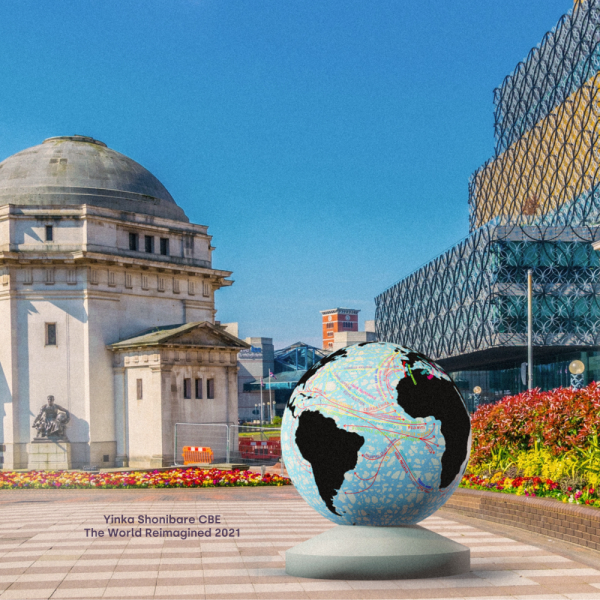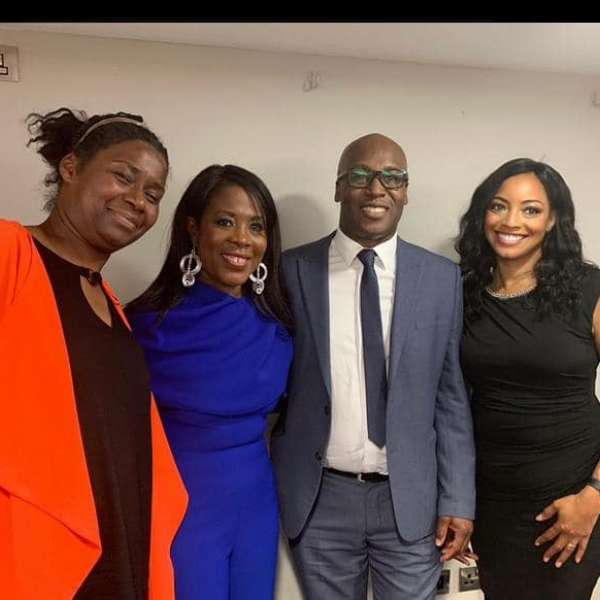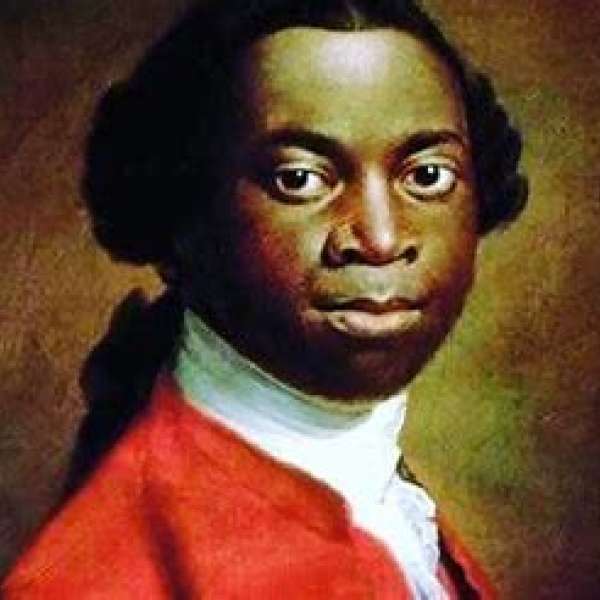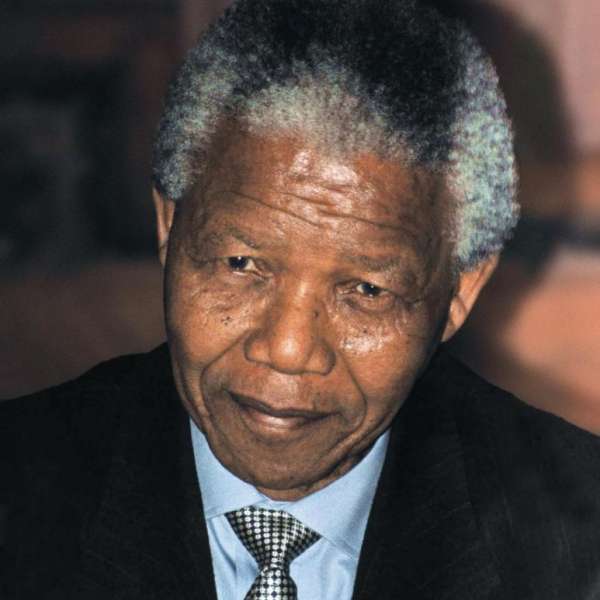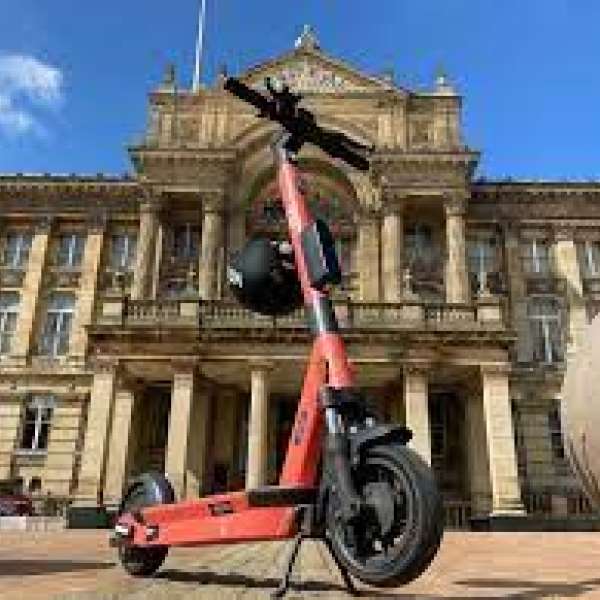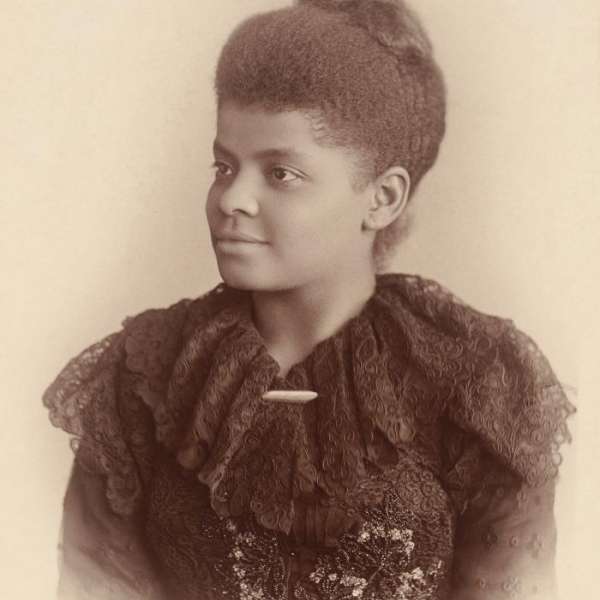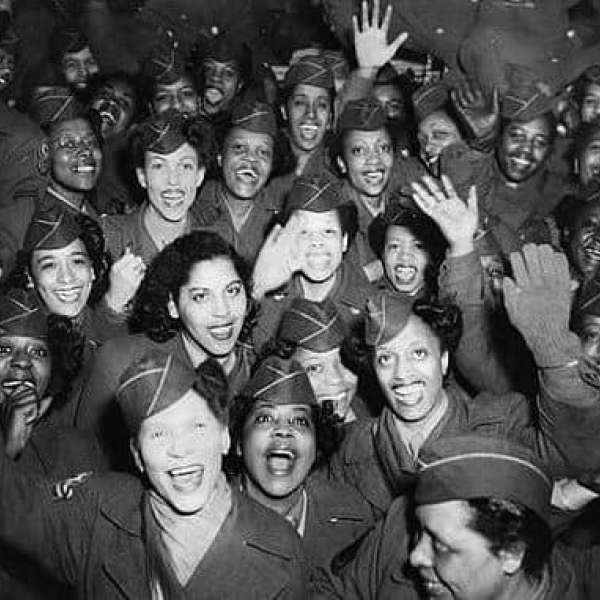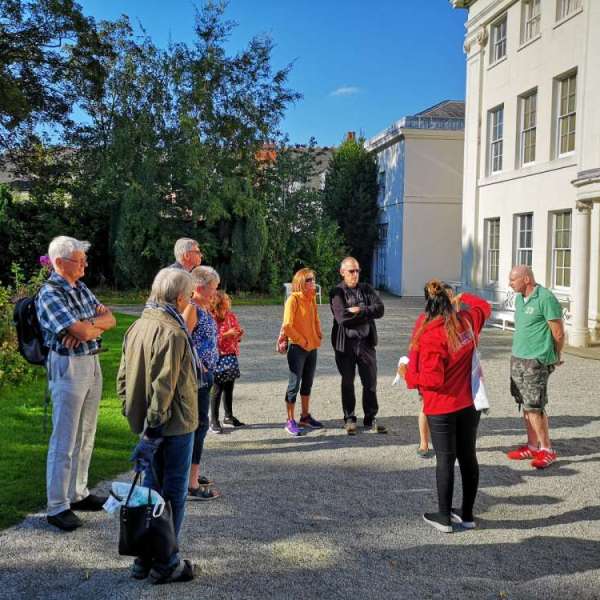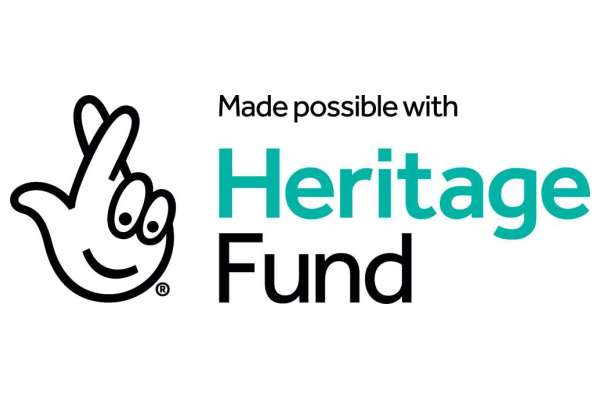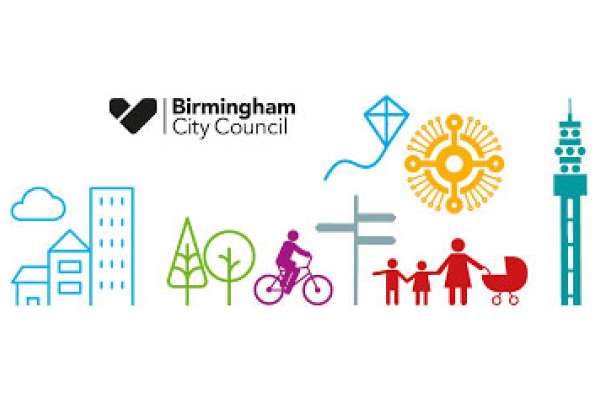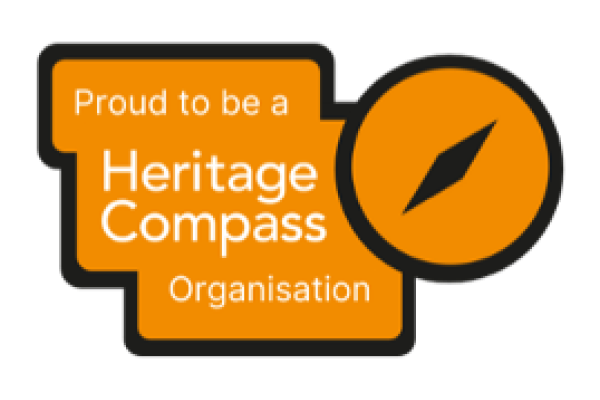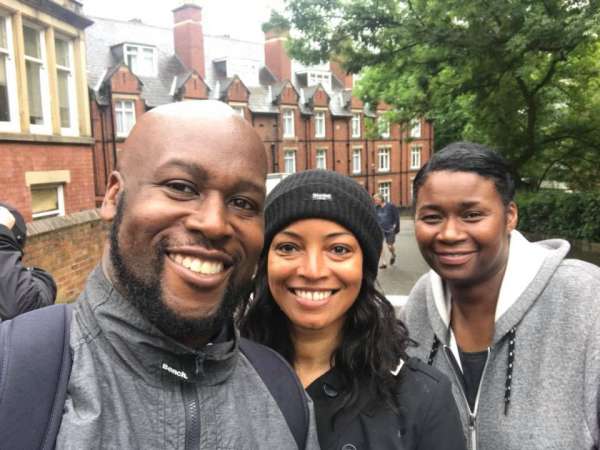
Black Heritage Walks Network was formed in 2018 as a CIC to highlight the achievements of the African Caribbean community in the UK. The founders Garry Stewart , Dawn Carr and Marcia Dunkley researched the initial Madiba Walk, in order to capture the stories and history of the Windrush generation in Handsworth to mark the 70th anniversary of the HMT Empire Windrush carrying passengers from the Caribbean. The organisation has developed a plethora of walks, exhibitions, film festivals and educational workshops.
Black Heritage Walks are very prominent in USA, however despite the UK having a large black population, there is a lack of black heritage walks on offer. Birmingham is the second city in the UK and is steeped in heritage, yet this is not reflected in its cultural offerings, despite having the largest Black population, outside of London. Garry Stewart (Director of Recognize Black Heritage & Culture) had delivered annual exurcusions to Eric ynch slave trail in Liverpool and had planned to replicate this in Birmingham. Simultaneously, Dawn Carr (Director of Black History, Arts & More) had embarked on a career within Birmingham's Heritage Sector and had curated a walk showcasing the social & political struggles for the Caribbean community in Handsworth that had lead up to the for uprisings. Marica Dunkley, local educator, brought her community research skills to help identify prominent black people, buildings and events that have shaped the heritage of Birmingham. They decided to gather research, by speaking to local people, visiting archives and heritage sites, to create history walks from a British African & Caribbean perspective.
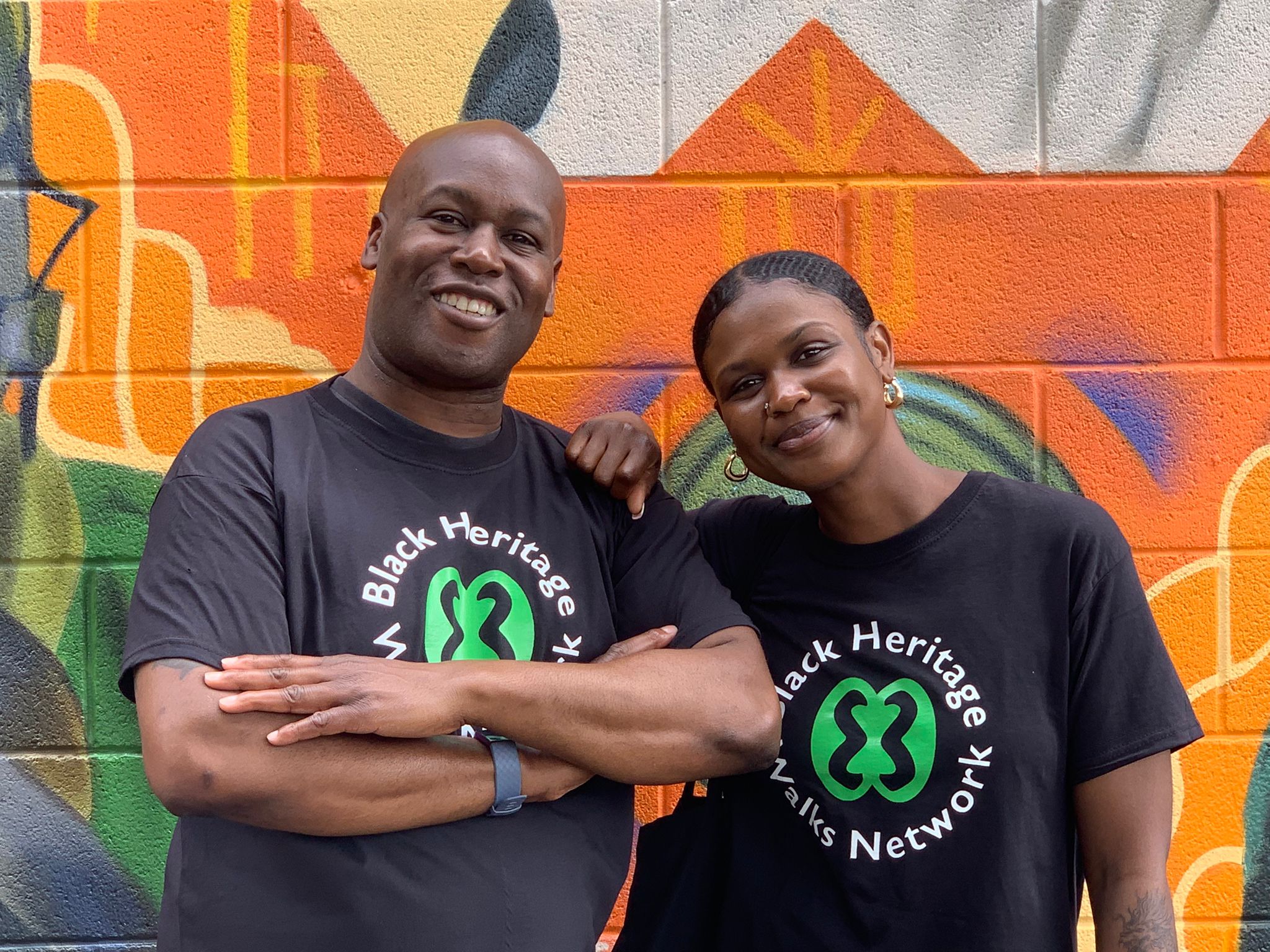
The heritage walks offer great opportunity to enjoy some exercise and fresh air, while also developing an understanding of local place, and community. During the walks, the Black Heritage Walks Network encourage participants to take notice of local businesses and groups operating within the area.
A unique aspect of the heritage tours is that the participants add value to the research by sharing their own stories and experiences; rather than classroom style learning, the walks are interactive and immersive. Oral histories can help foster a greater sense of pride and connection to place. Heritage contextualises and grounds people, It gives us a sense of place and community. Sharing stories about local figures and places can encourage people to take notice of their area and inspire them to go and find out more.
By JimmyGuano - Own work, CC BY-SA 4.0, https://commons.wikimedia.org/w/index.php?curid=34431206
‘It’s about building connections and gaining a whole new perspective, not just a black perspective, by looking at things you’ve driven or walked past in a new way’
Professor William Cross & Clancy Williams, Director, Angel Without Wings







